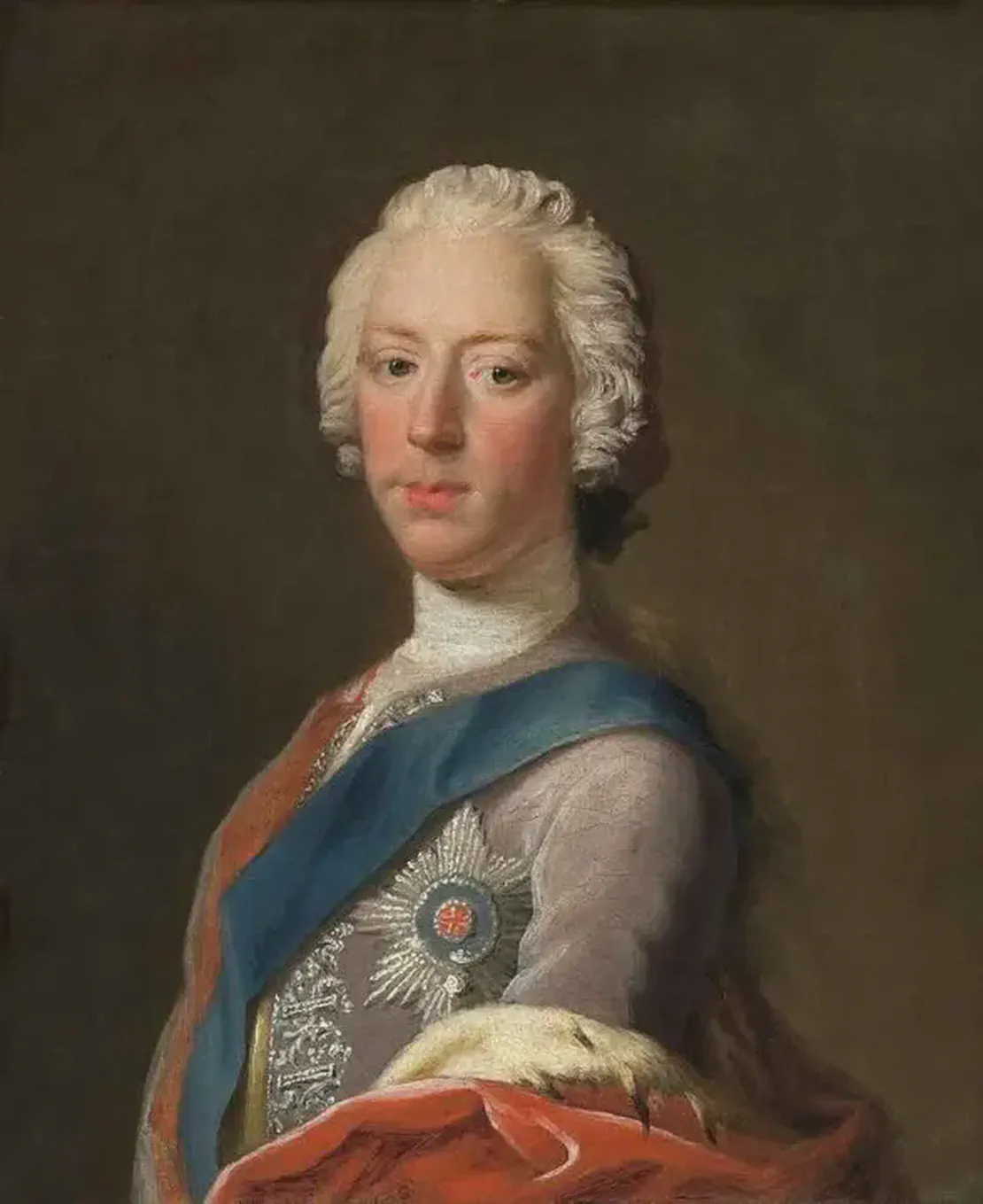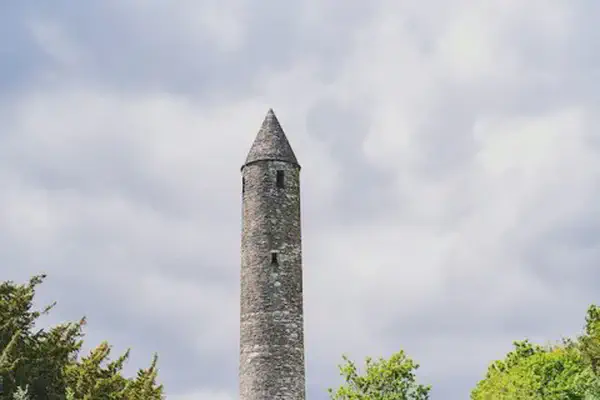On January 14 , 1746 in Celtic History
Bonnie prince charlies army leaves glasgow

Bonnie Prince Charlie’s army left Glasgow, is part of the broader historical context of the Jacobite Uprising of 1745, also known as the ‘45 Rebellion or the Jacobite Rebellion of 1745. Here are some key points related to this event:
Bonnie Prince Charlie
Charles Edward Stuart, often referred to as Bonnie Prince Charlie, was the exiled Stuart claimant to the British throne. He sought to restore the Stuart dynasty to the throne of Great Britain.
Glasgow
Glasgow was one of the cities in Scotland where Jacobite sympathies were prevalent, and Bonnie Prince Charlie’s army had support among the local population.
Jacobite Uprising
The ‘45 Rebellion was an attempt by Bonnie Prince Charlie to overthrow the ruling Hanoverian dynasty, which was seen as illegitimate by Jacobite supporters who believed in the legitimacy of the Stuart claim to the throne.
March South
After the Jacobite victory at the Battle of Prestonpans in September 1745, Bonnie Prince Charlie’s forces marched south into England, reaching as far as Derby. They then began their retreat northward.
Departure from Glasgow
Bonnie Prince Charlie’s army, after retreating from Derby and facing the advance of government forces, returned to Scotland. Their departure from Glasgow marked a key phase in the campaign.
Culloden
The Jacobite forces faced a decisive defeat at the Battle of Culloden in April 1746. This battle effectively ended the ‘45 Rebellion and Bonnie Prince Charlie’s hopes of regaining the throne.
The Jacobite Rebellion of 1745 was a significant historical event, and it had far-reaching consequences for Scotland and the United Kingdom. The departure from Glasgow marked a turning point in the rebellion and was part of the larger narrative of this historical conflict.
Related Content

Shane Patrick Lysaght MacGowan, lead singer of the Pogues, died

St Machar Day, patron saint of Aberdeen

Oíche Shamhna - Cetlic New Year Eve (Halloween)

ALBAN ELFED (Welsh Bardic name for autumn equinox)

Feast day of St. James

John Davie Burgess, King of the Highland Pipers, died at age 71.